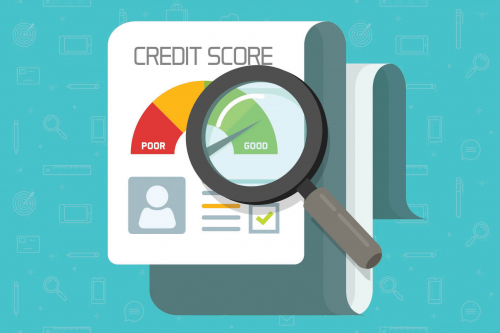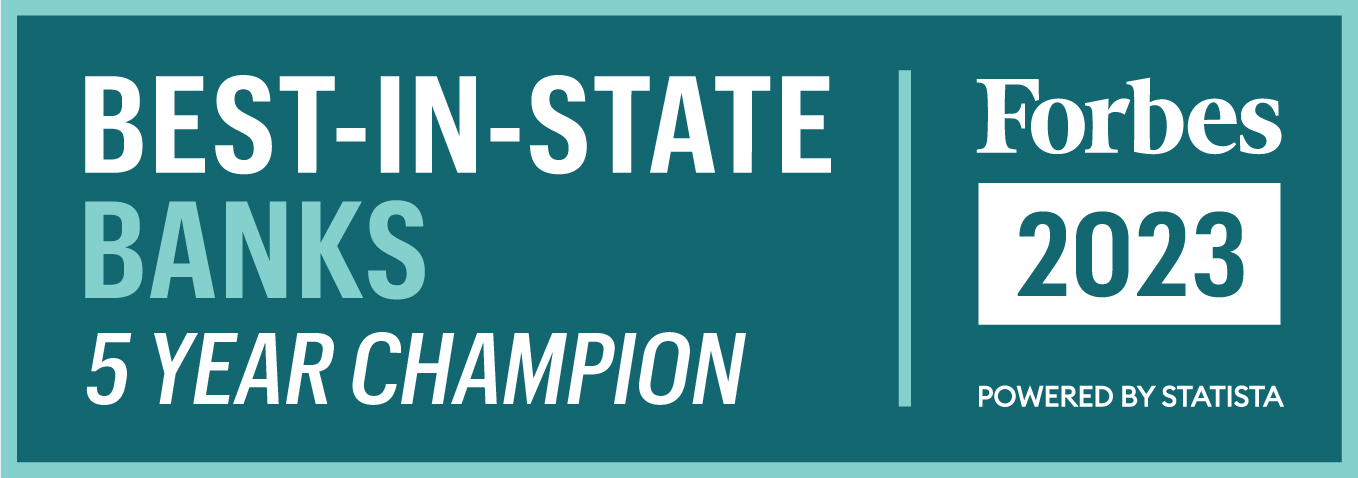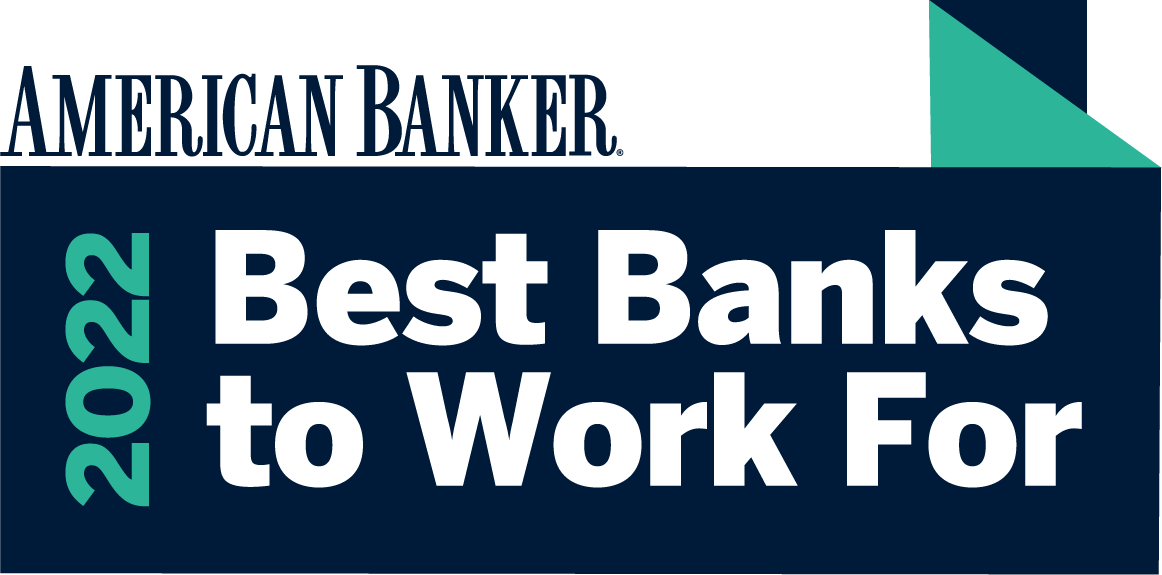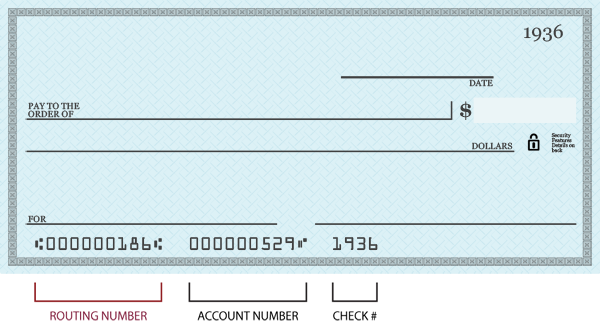Both your personal and business credit scores tell potential lenders how creditworthy you are, but how are they related? On the surface, they may seem similar as the credit bureau uses similar metrics to calculate your scores. Some business models, such as sole proprietorships, may even use personal credit history in lieu of your business credit score. Understanding both personal and business credit types, and learning how to maintain them, is crucial to achieving your financial goals – both personally and professionally. Here’s how your credit scores could be impacting lenders’ decisions—along with what you can do to maintain good credit history.
What is Personal Credit?
Personal credit is determined by your FICO score, which is calculated by the main credit assessment agencies. Everyone who has had a credit card, car loan, college loan, home mortgage, or other lines of credit within the past decade has a FICO score.
FICO scores range from 350 to 800, with higher numbers indicating better credit. The score takes many details into account, but there are a few simple actions individuals can take in order to improve their FICO score:
- Pay bills on time
- Pay down existing debt
- Avoid charge-offs and collections
- Avoid foreclosures and bankruptcies
At Lakeland Bank, we offer customers the ability to check their score daily using Credit Sense. In addition to monitoring your credit score, you can also access you full credit report and receive tips to improve or maintain your score. Read our article about how to improve your credit score.
Although the FICO score is the most well-known, there are several other credit reporting agencies that offer different types of reports. It’s typical to have minor variances in your personal credit score across the different agencies. Use our calculator to estimate your personal credit score.
What is Business Credit?
Similarly, business credit works and is used much like personal credit, with the exception that the range and criteria are different. When starting your business, you will need to register with your local government to file business taxes. They will assign you an Employee Identification Number or EIN, which will be used similarly to how a Social Security Number is used for an individual. Your business credit score will fall between 1 and 100, with 100 being a perfect score.
Many factors can affect a business credit score, but lenders frequently consider a business’s industry, classification, age, number of employees, and public records. Public records can include liens, criminal records, judgments, bankruptcies, and the like.
For new businesses that don’t have an established history, lenders sometimes consider the business owner’s personal credit score when underwriting business loans.
What are the Differences Between Business Credit and Personal Credit?
While there are many similarities between business credit and personal credit, there are also notable differences. Business owners should be aware of the following differences.
Corrections
Individuals have protections in place that allow them to have incorrect entries removed from their personal reports. Laws require that reporting agencies respond to individuals' appeals and that incorrect entries be removed.
Businesses are allowed to challenge discrepancies, but reporting agencies are under no legal obligation to respond to a business’s appeal.
Transfers
Personal credit scores remain with people for their life span. Although scores will fluctuate, everyone who’s taken out a line of credit will have a personal credit score assigned to them.
Business credit scores are assigned to the business entity itself, and not the people who own them. Should a business be sold or otherwise transferred, the business’s credit score will remain with the business and not the original owner.
Capacity
Businesses generally have access to more credit than individuals do, although how much a business or an individual can borrow is situationally dependent.
How Can Scores Increase?
Since business credit scores are based on fewer factors, it’s sometimes easier to improve them than it is to improve personal scores. The same general principles, like paying bills on time and reducing debt, help improve both types of scores.
In order to attain the highest possible business credit score, it’s important to manage your personal and business credit well. Personal credit is the backbone of buying a home, purchasing a car, or taking out a loan for large expenses. Business credit can open the door to new possibilities and help you grow your business with access to a higher financial capacity.
Maintaining healthy personal and business credit scores sets the foundation for your family’s and business’s future success. For more helpful tips on managing your person and business finances, read our Simply Speaking blog.




